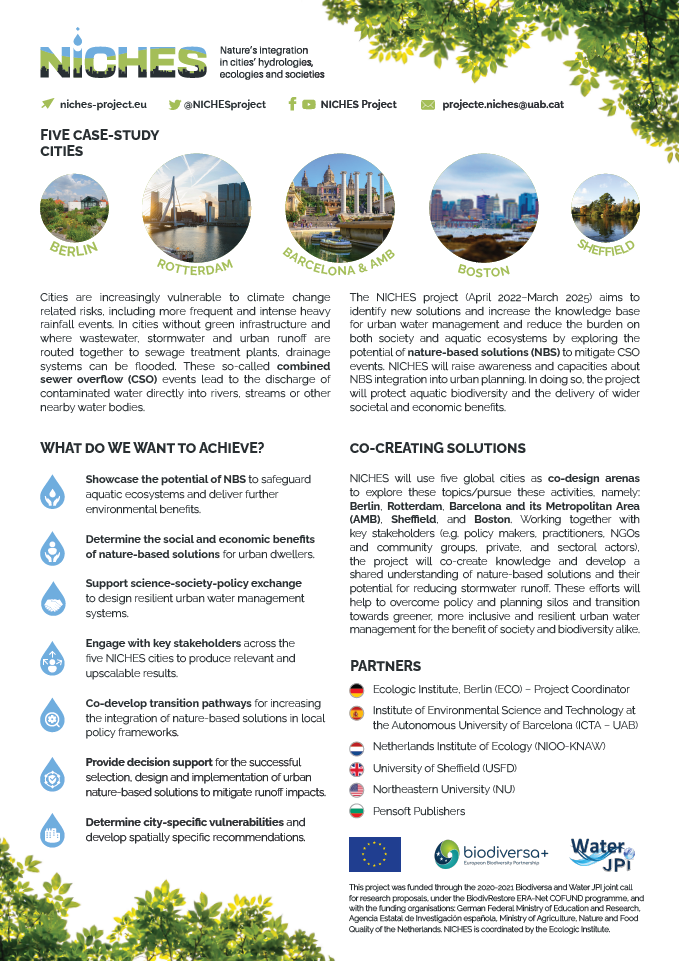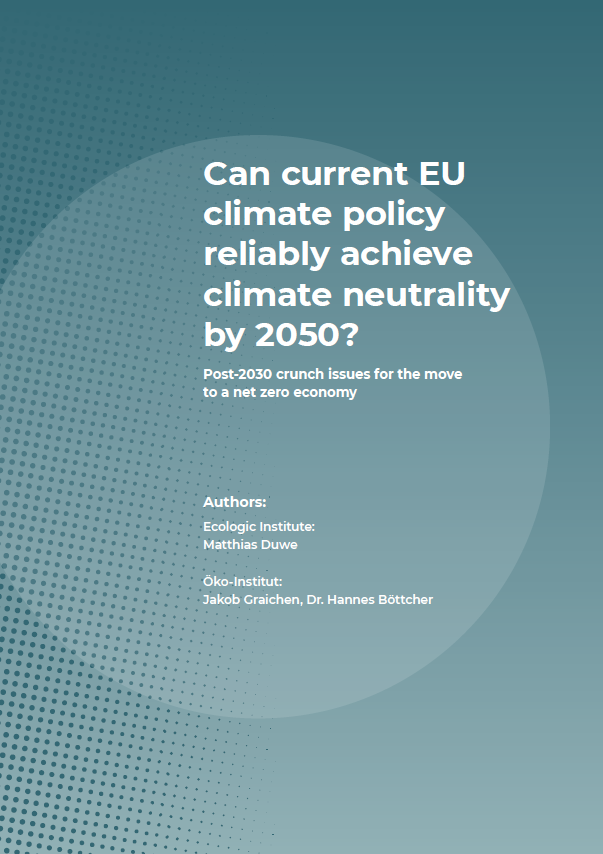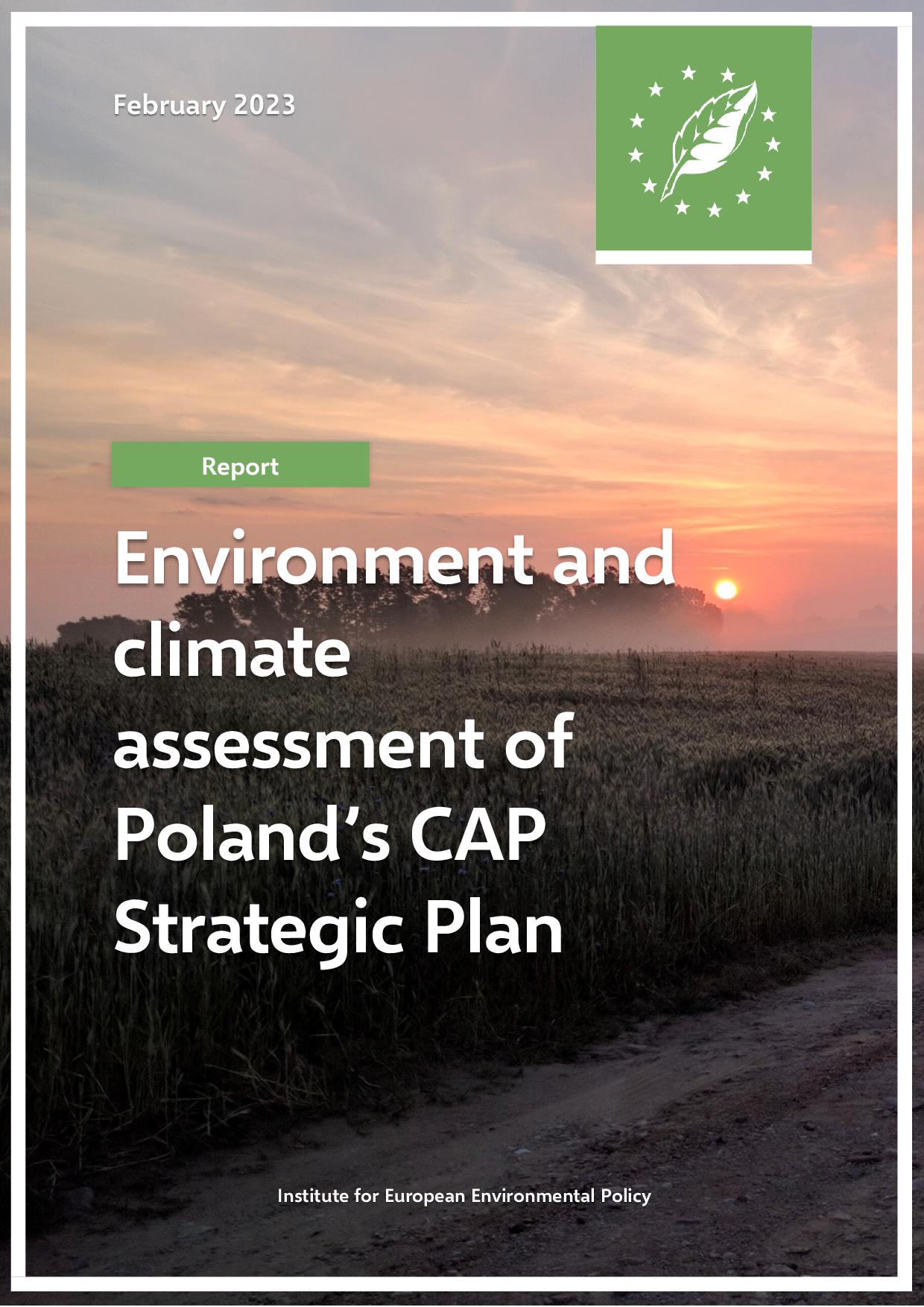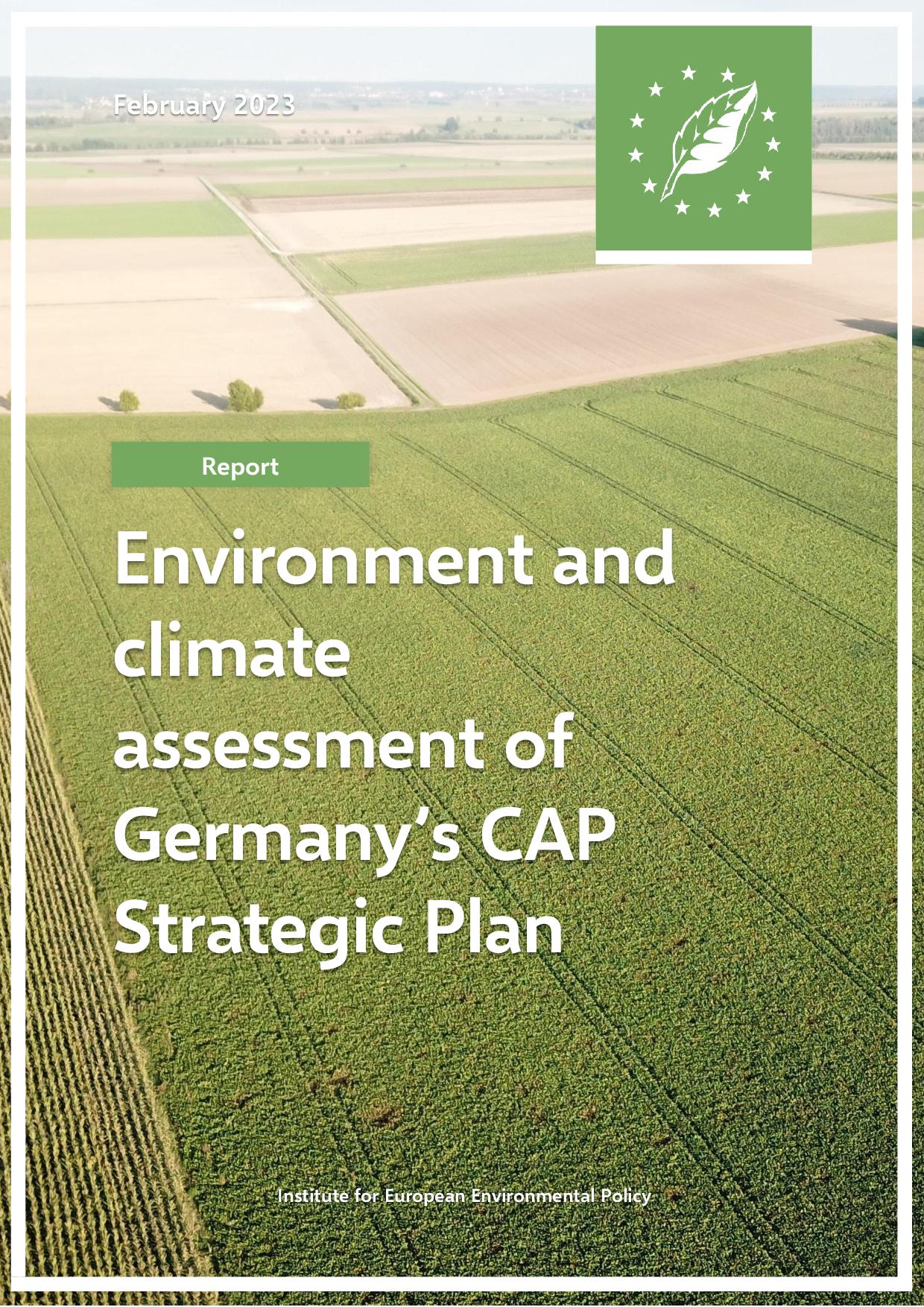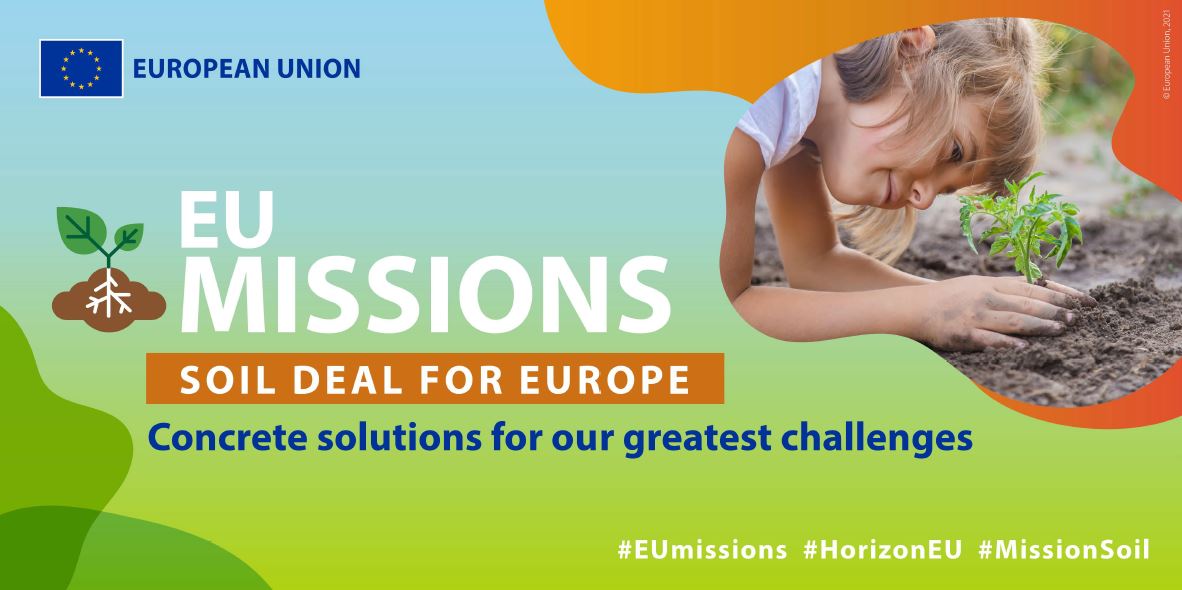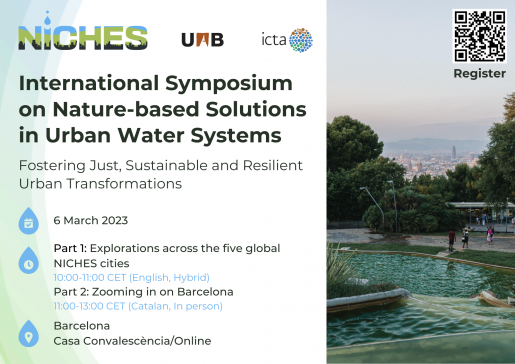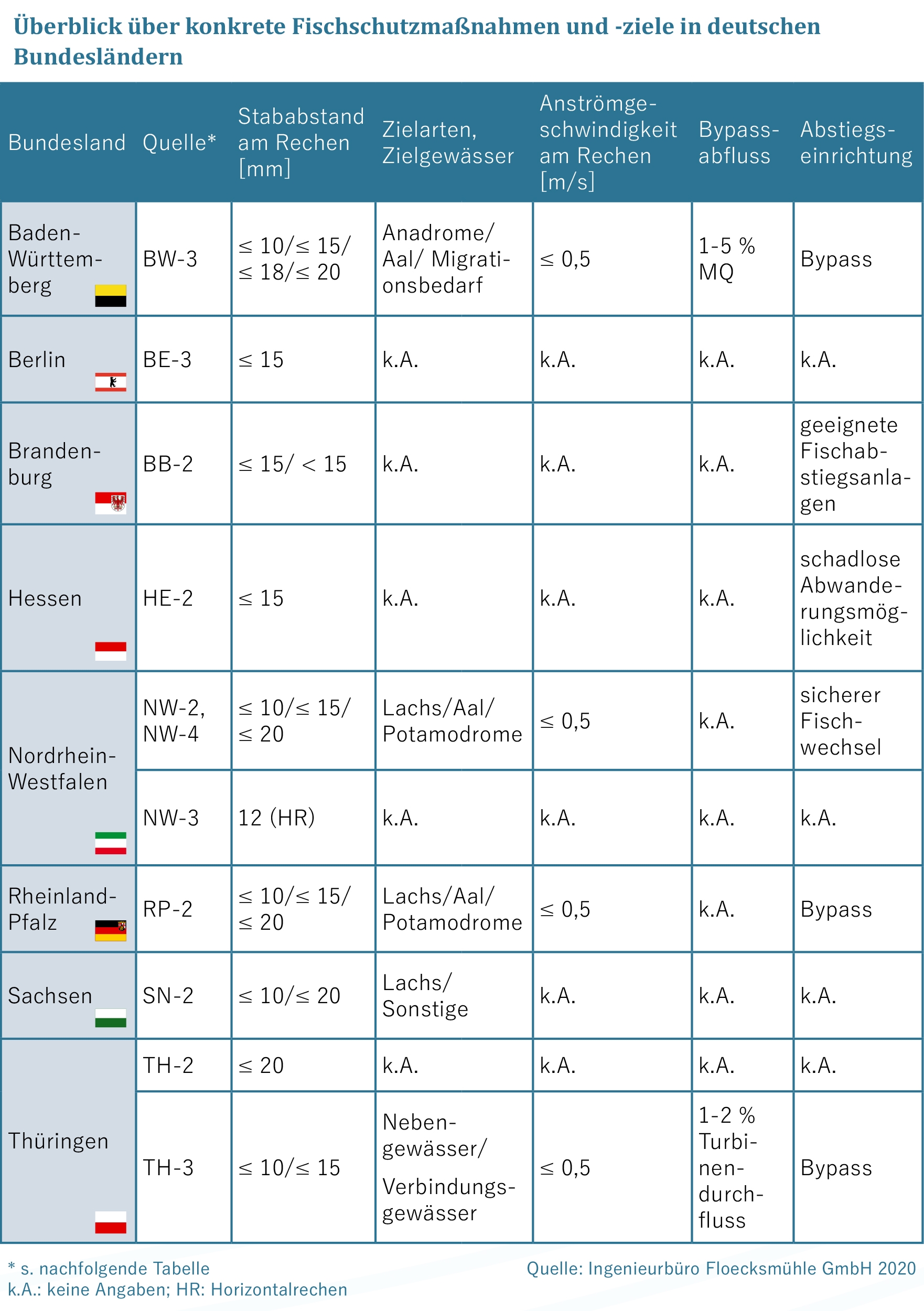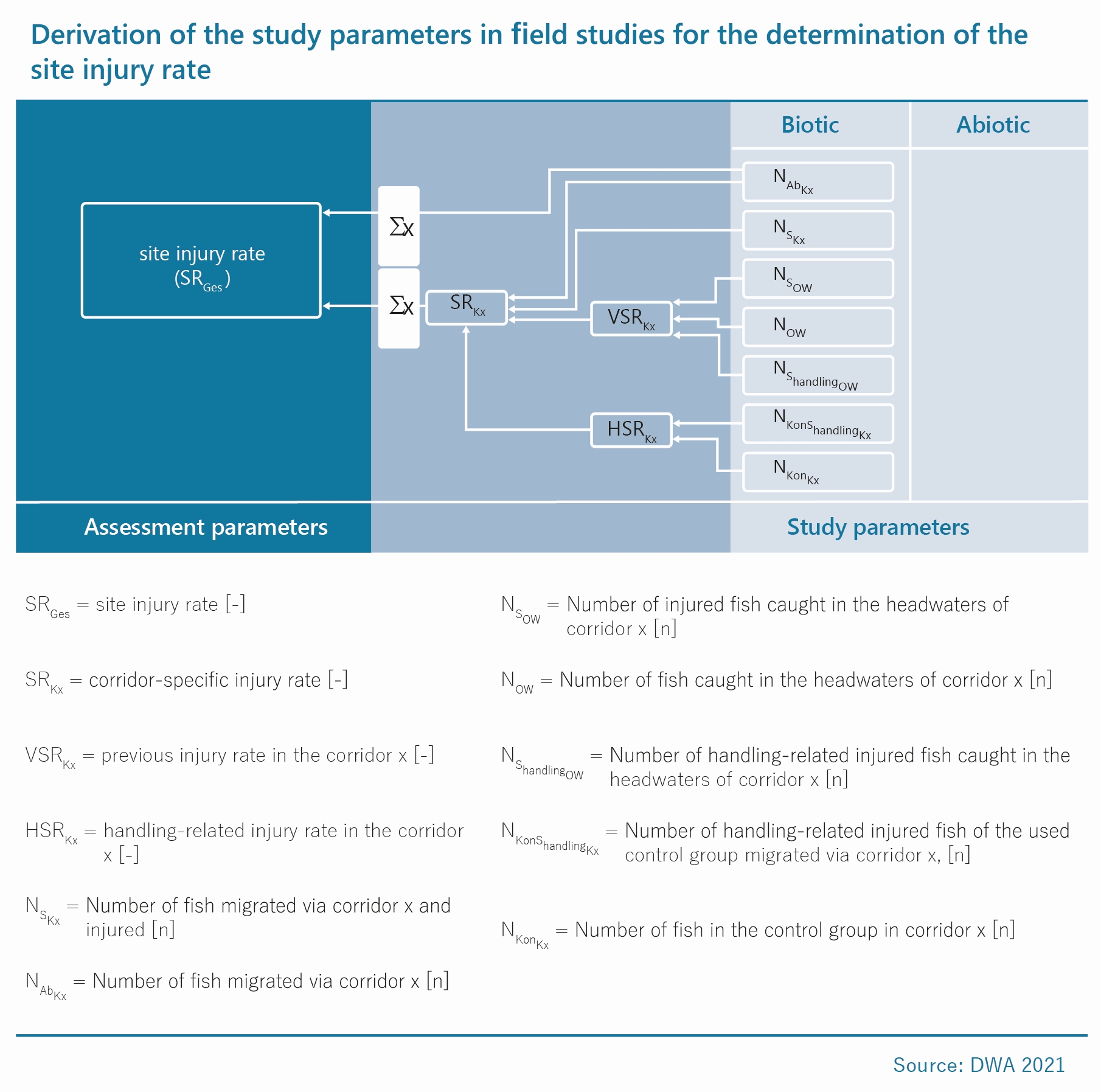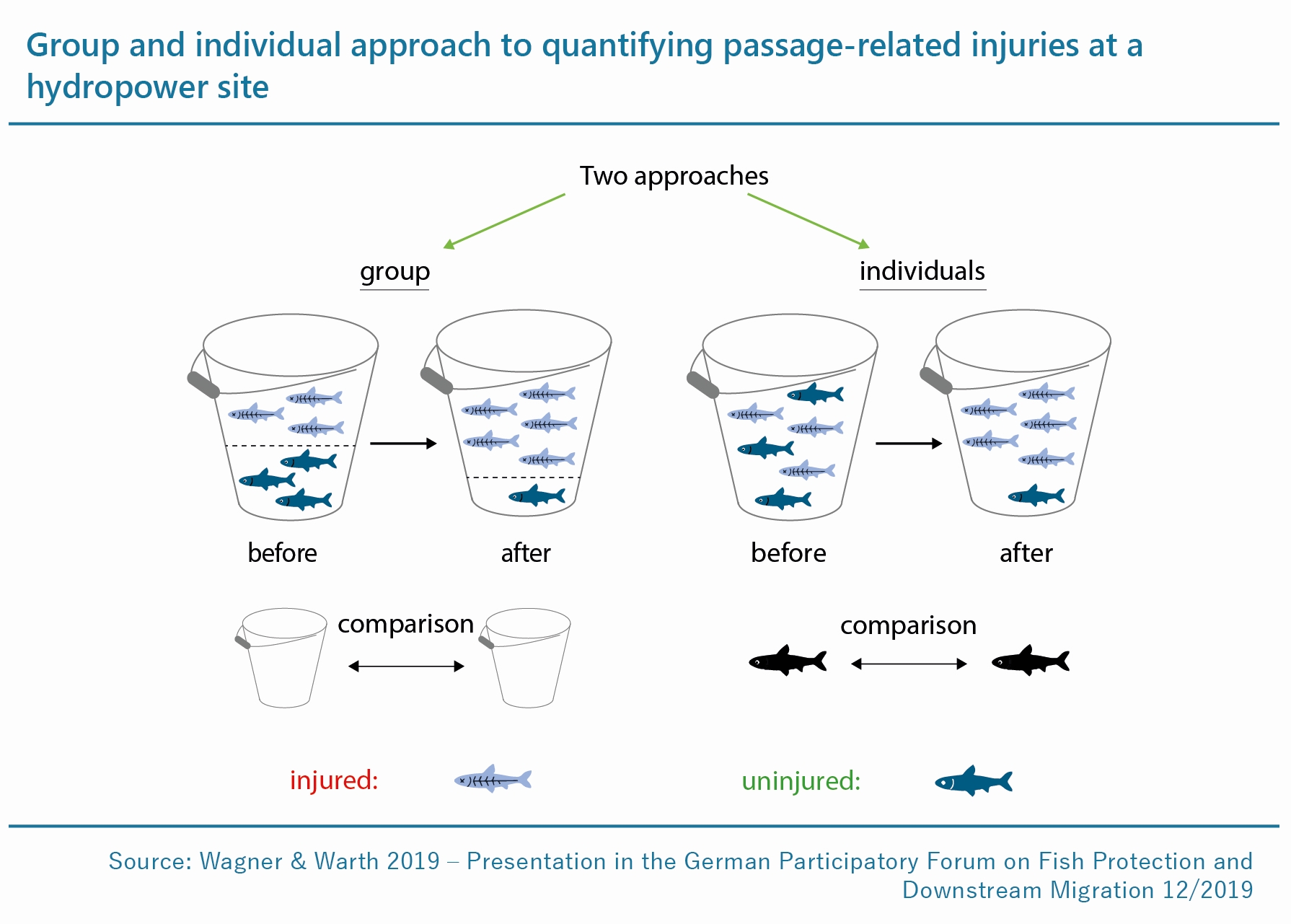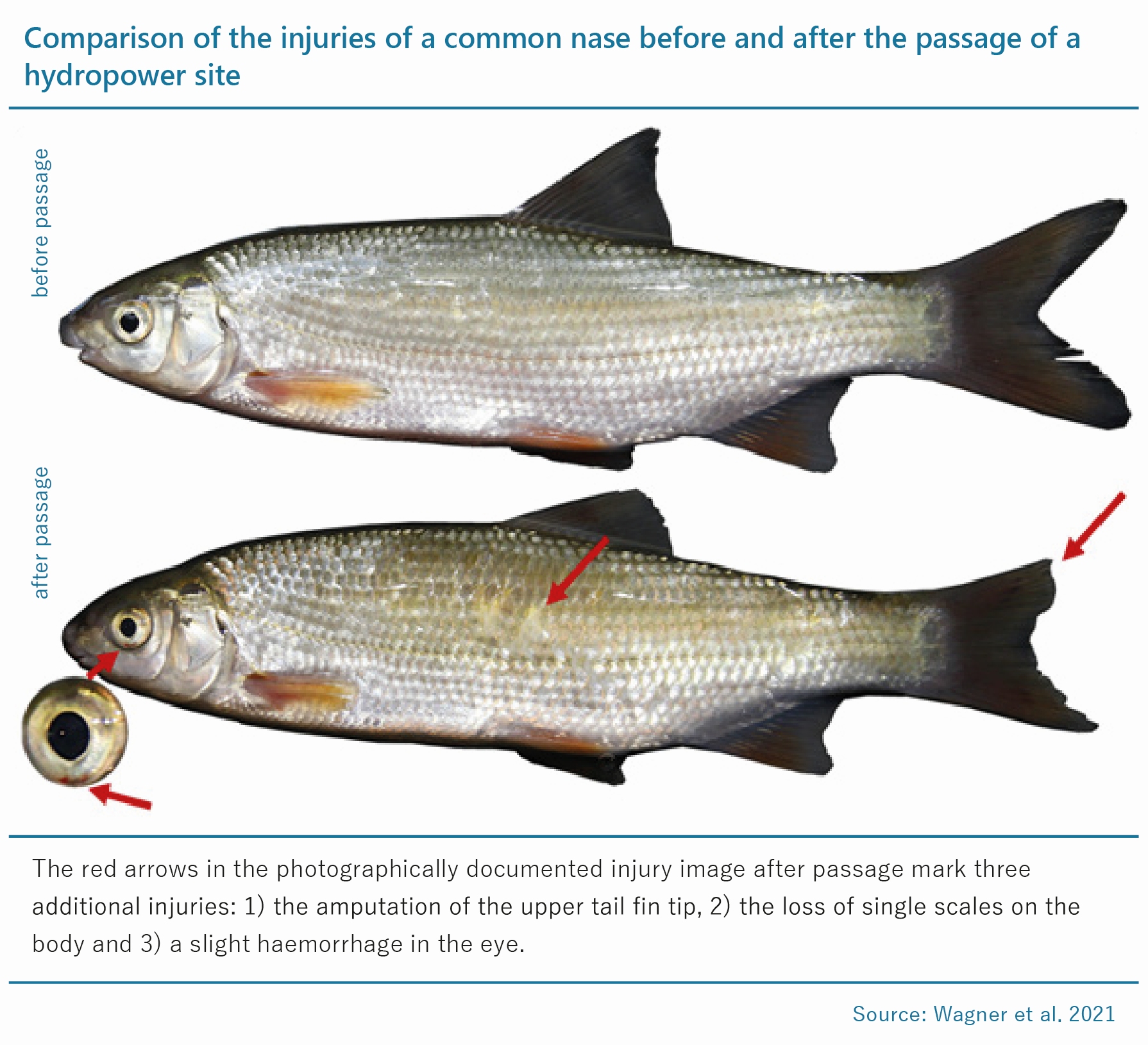Publication:Flyer
Publication:Document
Can Current EU Climate Policy Reliably Achieve Climate Neutrality by 2050?
Post-2030 crunch issues for the move to a net zero economy
Year
Read morePublication:Report
Publication:Report
Presentation:Panel discussion
Project
Publication:Video
Event:Digital Event
International Symposium on Nature-based Solutions in Urban Water Systems
hybrid, Barcelona,
Spain
Publication:Infographic
Publication:Infographic
Publication:Infographic
Publication:Infographic
